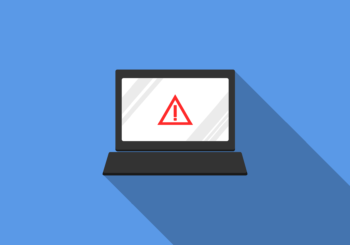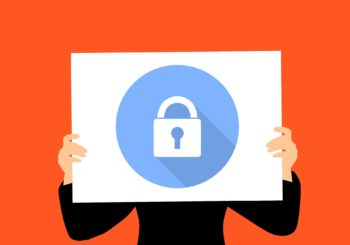
While hacks against the big boys like Target, Home Depot and Sony get more than their share of public attention, cyber-attacks on small and medium-sized companies often go unreported, and rarely make national headlines. Don’t let this lull you into a false sense of security. The number of crippling attacks against everyday businesses is growing. Cyber security company Symantec, reports that 52.4% of “phishing” attacks last December were against SMB's – with a massive spike this October.
Here are just a few examples out of thousands that you’ll probably never hear about:
Green Ford Sales, a car dealership in Kansas, lost $23,000 when hackers broke into their network and swiped bank account info. They added nine fake employees to the company payroll in less than 24 hours and paid them a total of $63,000 before the company caught on. Only some transfers could be canceled in time.
Wright Hotels, a real estate development firm, had $1 million drained from their bank account after thiev...




